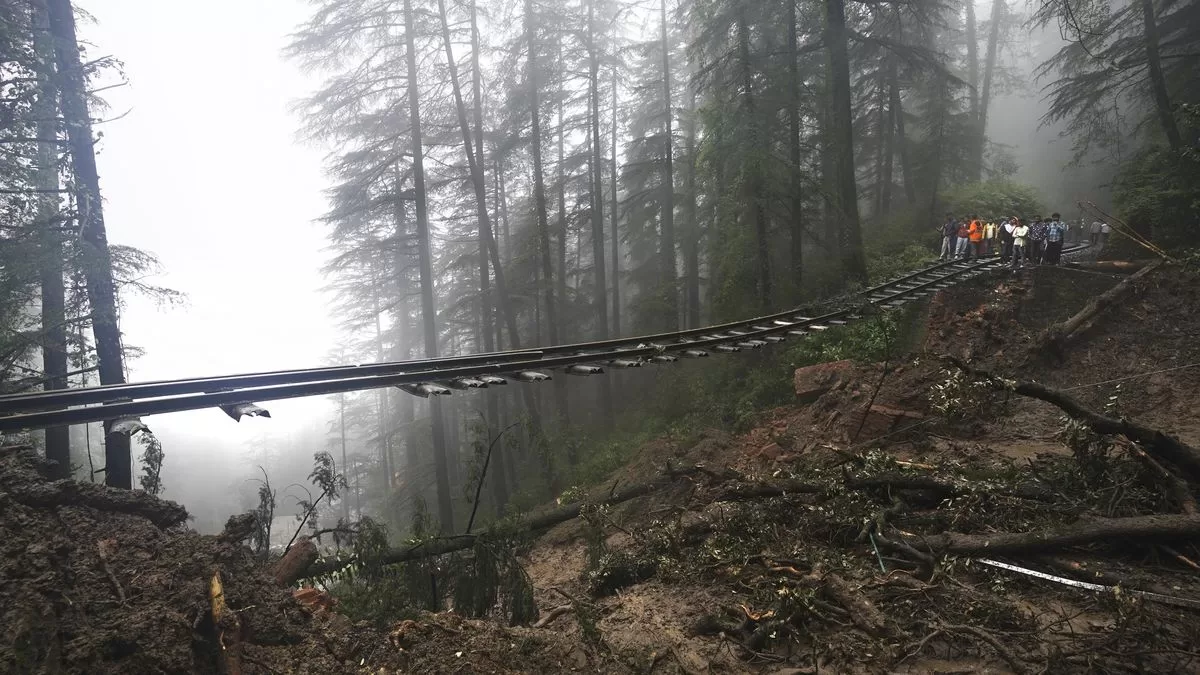Eco-economic miracle or danger for Germany as a business location? This question is the focus of the program “Anne Will” on Sunday evening.
The guests
- Stephan Weil (politician): SPD, Prime Minister of Lower Saxony
- Franziska Brantner (politician): Alliance 90/The Greens, Parliamentary State Secretary in the Federal Ministry for Economic Affairs and Climate Protection
- Thorsten Frei (politician): CDU, First Parliamentary Secretary of the CDU/CSU parliamentary group
- Veronika Grimm (economist): Member of the Advisory Council for the Assessment of Overall Economic Development
- Bernd Ulrich: deputy editor-in-chief of “Die Zeit”
The Parliamentary State Secretary in the Federal Ministry for Economic Affairs and Climate Protection, Franziska Brantner, sees the development in an almost exuberantly positive way – and also finds the takeover of Viessmann unproblematic. Even more: “We have a very strong and large investment by an American company in Germany. Viessmann does not cease to exist, on the contrary, a transatlantic climate champion is being built, which will enable us to have cheaper heat pumps in Germany. Viessmann will be able to invest billions in new future technologies in Germany. It’s a win-win situation,” says Brantner. When asked if that isn’t going a bit too fast, she replies that Germany has the opposite problem — that things are going too slowly.
Because: Pay attention to German know-how
Lower Saxony’s Prime Minister Stephan Weil, on the other hand, is diplomatic: “I’m a bit torn. There are many examples of German companies being bought by foreign companies and it wasn’t to their disadvantage,” said the SPD man. “We have to make sure that we can retain sufficient German know-how in a market that undoubtedly has great prospects.” However, he is certain that Viessmann has given it sufficient thought, since family companies in particular do not make such decisions lightly.
CDU politician Thorsten Frei is more critical of Habeck’s energy transition. A similar scenario was already experienced twelve years ago, “when solar energy was very intensively invested with billions in subsidies” and soon only foreign companies were at the helm. Germany is not attractive enough for many companies as a business location, he attests on the show – takeovers such as that of Viessmann show this clearly.
Grimm: “I think both sides are a bit right”
Economist Veronika Grimm places the truth somewhere in the middle. “I think both sides are a bit right,” she says, admitting: “Of course, if you had done it optimally, you should have prepared better, so that the domestic manufacturers are prepared to raise capital and grow On the other hand, it is also the case that the large manufacturers from the USA and Asia have been active for a very long time and they heat and cool with precisely this technology that heat pumps are based on. So much is produced there that it is very difficult to compete with it from Germany and if you now want to provide these quantities cheaply for the heat transition, that is the way that was foreseeable.”
Ulrich: “Our freedom is also defended in the basement”
“The discussion is too fragmented and pessimistic for me,” says the journalist Bernd Ulrich, who refers to the geopolitical necessity of the energy transition. “A year ago, a fossil dictatorship launched an attack on the European democratic order. We paid for this dictatorship primarily with our fossil money. We said: We have to get out of our dependence on Russia and the financing of its military machine, which then attacks us in Europe. Now we’ve managed to do that to some extent, but now we’re paying all the fossil money to Saudi Arabia. We’re again financing the opponents of democracy. Regardless of the climate goals, which would also have to be achieved much faster, that was for our freedom and security. If you want to put it bluntly: our freedom is also being defended in the basement.”

